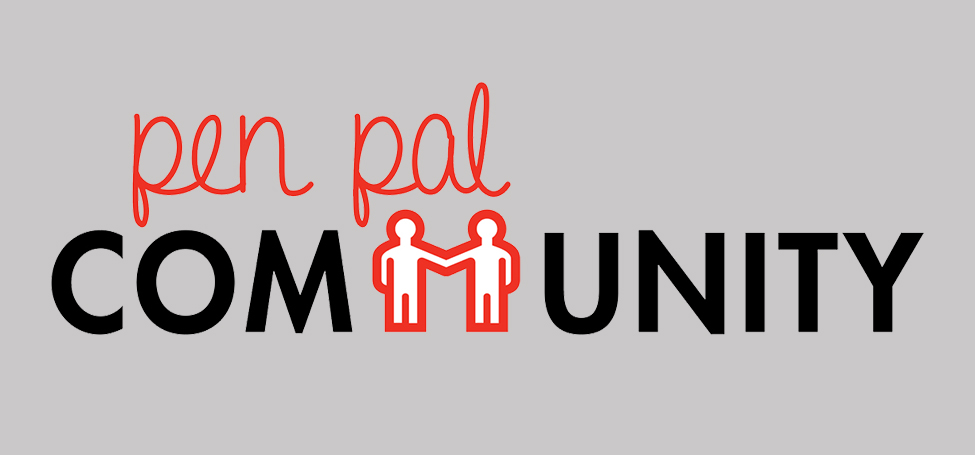
Community Connection: Pen Pals
When the pandemic began disrupting the ways Grinnellians normally create and maintain community, Student Alumni Council co-presidents Mitch Sevier ’21 and Paul Cover ’21 knew students and alumni needed connection more than ever. Their answer was a pen pal program that could facilitate long-term connections.
It was an idea that resonated. With 400 people signing up, the program was successful far beyond their expectations. To make it as meaningful and personal as possible, Sevier and Cover individually matched all 200 pairs based on their academic and career interests, and reasons for participating.
Nicole Cabe ’23 and Elina Koretsky ’99 were one of those pairs. They instantly hit it off, talking for two hours on their first phone call. Koretsky says there was a great “level of openness, almost immediately, on both ends.” They realized that their families and their experiences as first-generation college students were surprisingly similar. Koretsky describes their relationship as “not something I thought I would ever have at this point in my life.” Though the program officially ended in May, Koretsky says, “We’re just at the start of this relationship, which I don’t expect to have an endpoint.”
Another pair, Trinisa Fung ’23 and Jon Krieg ’84, have connected over their interests in social justice, peace and conflict, international relations, and food. Fung has reminded Krieg of the importance of impatience. Krieg explains, “It’s easy to get a little bit jaded or cynical, because change is a slow process. And I think we need the impatience of young people and the idealism of young people.” On the other hand, Fung has realized that “we need to learn how to balance and use impatience when the time comes but we should also be wary that quick change is not the best solution to everything.” They are looking forward to continuing these conversations as pen pals and, when possible, over Ethiopian food in Des Moines, Iowa, where Krieg lives.
The program is not only filling a pandemic-sized hole in the College community; it’s also strengthening the community in new ways. It is “addressing a need that we didn’t really know existed,” Cover says. As such, the program likely will continue after the pandemic ends. Sevier says, “I think the future is bright.”
